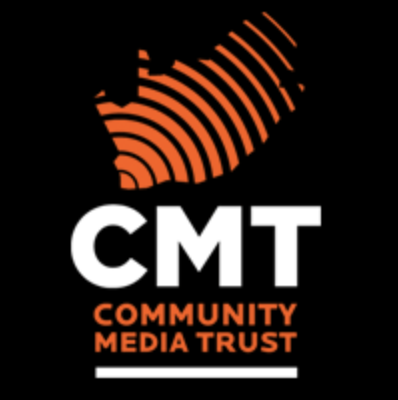Research and Impact
The UCT/Community Media Trust AIDS Archive enables students, researchers, activists, filmmakers, artists and other interested people to deepen their understanding and appreciation of the social context of HIV/AIDS, including health, epidemiology, the link between gender and health, the law and health as well as core behavioural issues around gender, multiple and concurrent partner relationships, adherence to chronic medication, relationship between traditional and bio-medical health practices and conceptions of disease, the body and health. The Archive is also a research resource for people engaging in specific historical studies.
Given the nature of the over 3000 hours of footage, concentrated on the voice of poor and marginalized communities worst affected by this epidemic, this Archive provides a powerful source of material for the writing and interpretation of these histories.
‘The footage has played an extremely important role in opening up new spaces of public dialogue and presenting new possibilities for what it means to be HIV positive in South Africa,’ said Dr Rebecca Hodes, who conducted some of her doctoral research in the Archive. Dr Hodes is Director of the AIDS and Society Research Unit (ASRU), one of four research units within the Centre for Social Science Research (CSSR). She is the author of Broadcasting the Pandemic: A History of HIV on South African Television (HSRC Press, 2014), based on her doctoral thesis (from Oxford), as well as journal articles and book chapters in the field of public health and the history of medicine with a focus on sexual and reproductive rights and the AIDS epidemic.
Broadcasting the Pandemic traces Beat It’s evolution, exploring how the television show [for which the footage in this archive was originally shot] used the medium of television to inform its viewers about HIV at a time of increasingly rapid infection rates, but in which government education and treatment campaigns were largely absent. Hodes’s book provides a contemporary history of television in South Africa, and of its role in the most influential social movement to have emerged from the democratic transition: the HIV activist movement.
Other leading academics who have conducted research in the Archive include Professor Nicoli Nattrass and Dr Kylie Thomas. Prof Nattrass is a professor of economics in the CSSR and author of The Moral Economy of AIDS in South Africa (Cambridge University Press, 2005), The AIDS Conspiracy: Science fights back (Cambridge University Press, 2012) and Mortal Combat: AIDS denialism and the struggle for antiretrovirals in South Africa (University of KwaZulu-Natal Press, 2007).
Dr Thomas holds a European Holocaust Research Infrastructure Fellowship and is based at the Netherlands Institute for War, Holocaust and Genocide Studies in Amsterdam where she is working on a book on women photographers and resistance to repressive regimes. She is the author of the book Impossible Mourning: HIV/AIDS and Visuality after Apartheid (Bucknell University Press and Wits University Press, 2014).
Footage from the Archive has also been accessed and screened by Ryan Solomon, Assistant Professor in Writing and Rhetoric at Colgate University, New York, whose current work focuses on ‘the complex meaning of belonging in South Africa’ and how challenges like the HIV/AIDS crisis have highlighted the difficulties of escaping the legacy of apartheid. Solomon has screened segments of footage from the Archive in his classes, which introduce students to key questions of rhetorical theory and criticism, and encouraging them to reflect on the implications of their own participation in public life and civic engagement.
The importance of this Archive was highlighted in 2011 by the completion and launch of the documentary film, TAC: Taking HAART, directed by Jack Lewis. This film dramatically narrates the course of the pandemic in South Africa, the government’s failure to deal with it, and the success of the Treatment Action Campaign in making people AIDS-literate and fighting for a rollout of antiretroviral drugs (ARVs) to all South Africans living with AIDS. Except for one or two clips of news from the national broadcasting service, the film was entirely made from footage in the AIDS archive.



